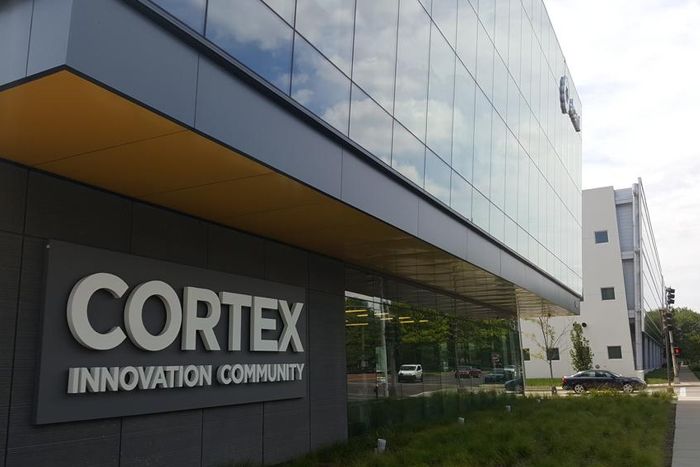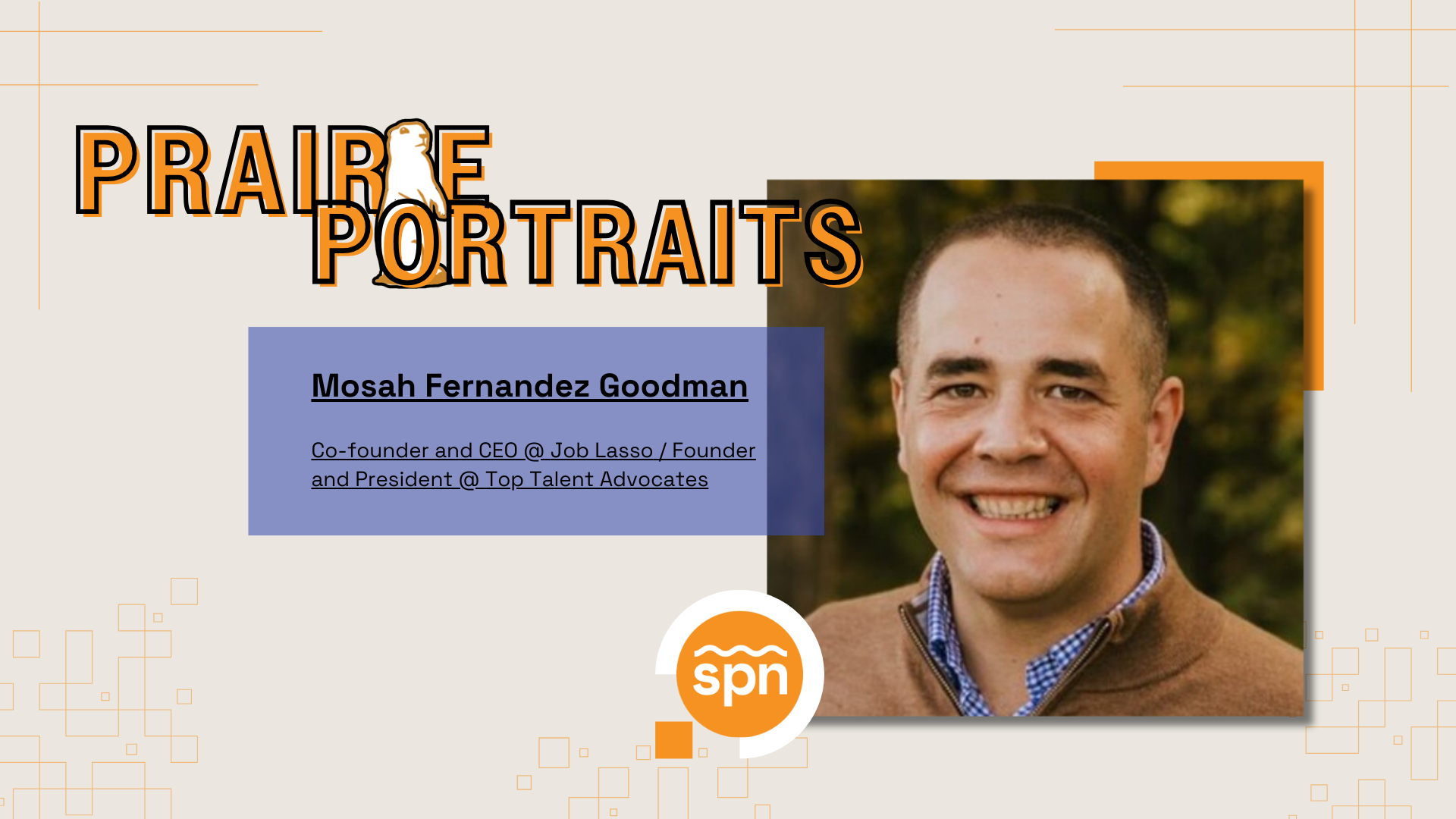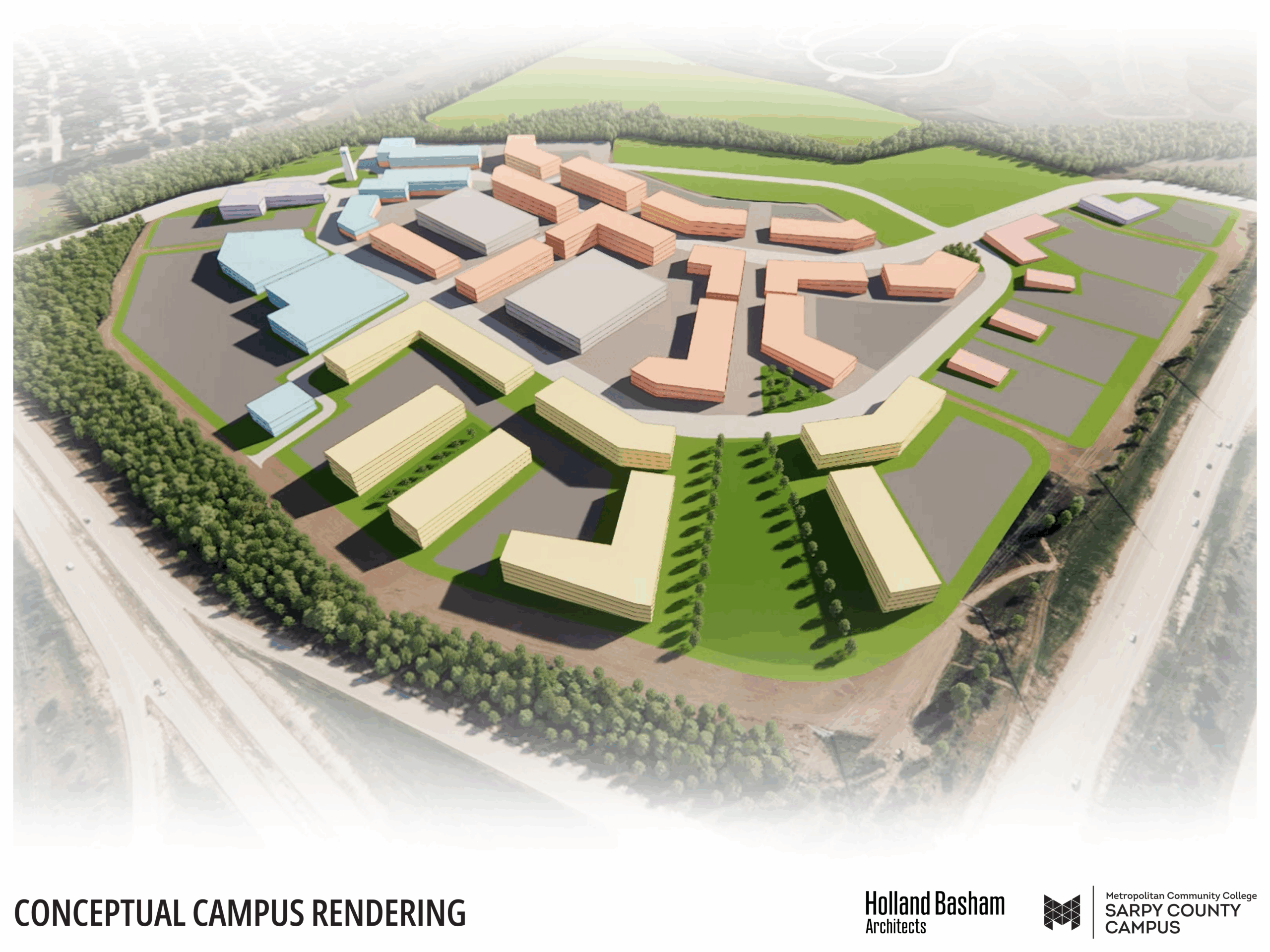
Three years ago, I took a risk and started a marketing and public relations consulting company. Starting my own firm meant giving up a steady paycheck, which was something that I (and most other people) take very seriously.
Sixteen years before I became an entrepreneur, my dad had placed the same bet on himself—and it didn’t work out. The failure of my dad’s business hit him incredibly hard. Failure can be (often rightly) romanticized in startup world, but failure is a bit less glamorous when you fail with mouths to feed and a mortgage to pay.
For my experience to turn out differently, I knew I needed to be around successful entrepreneurs. I needed to learn from people who had placed a bet on themselves and saw that bet payoff.
A week after it opened, I joined OPO Startups, a coworking space located in a renovated historic post office less than two miles from home in St. Charles, Missouri. As an entrepreneur, joining OPO was the best decision I ever made. Many of my early clients were fellow members. Three months into my membership, my wife was hired to be the Community Manager (and later Director) of OPO Startups. Even my dad became part of the OPO extended family when Randy Schilling, the founder and owner, hired him to be the handyman.
While my family’s relationship and involvement in OPO Startups is unique, the important role the facility has played in jumpstarting the hi-tech startup and entrepreneurship activity in our community isn’t. At the start of 2015, the number of high-potential startups on the same block could be counted on a single hand. Today there are over 60 startups employing 250 technology workers on a single block along our city’s historic Main Street.
OPO Startups wouldn’t exist without a somewhat obscure public policy: the Missouri Historic Tax Credit. The credit helps offset the cost of redeveloping historic properties, including the post office where OPO is located. “Historic preservation tax credits helped make OPO Startups possible,” said Schilling. “Without that tax credit, this project would not have been financially feasible. Now, because of it, the economic activity, tax revenue, and jobs created in downtown St. Charles are so much greater than they were before we started.”
Tax credits were also crucial to the creation of Cortex, the innovation district that has revitalized a previously distressed part of downtown St. Louis.
Despite the role historic preservation tax credits have played in building some of Missouri’s most innovative and successful incubators and coworking spaces, Governor Eric Greitens and the state’s legislators are proposing to greatly reduce or altogether eliminate the program.
That would be a mistake—and not just for St. Louis and Kansas City.
Across Missouri, there are cities and towns desperately in need of a different approach to economic development. While incubators and coworking spaces aren’t the answer to every economic problem facing these communities, they can be a way to revitalize a downtown and a foundation for future hi-tech employers.
For that to happen, policymakers need to realize that entrepreneurial ecosystems are not free-market miracles. Communities like Cortex and OPO Startups aren’t the result of capital naturally flowing to projects that are likely to generate the most return for developers. They exist because of a complex mix of civic pride, public policy, profit motive, and the belief that talented people shouldn’t have to leave the Midwest to find opportunity.
You won’t find a city council person, mayor, state legislator, or even governor who doesn’t understand the symbolic importance of these startup communities. At OPO, we never have a problem finding a politician who doesn’t recognize the potential of a photo-op at the facility. That includes President Trump, who recently recognized OPO Startups as a shining example of Main Street entrepreneurship during his speech in St. Charles a few weeks ago.
However, we do find it a bit harder to find politicians willing to support some of the policies that make innovation districts possible—including the historic Preservation Tax Credit.
It isn’t an exaggeration to say belonging to the community at OPO Startups changed my life and my career. When my dad tried to start his business, he wasn’t working side by side with other entrepreneurs he could learn from and collaborate with in a renovated historic building.
Belonging to a community of entrepreneurs gave me shoulders to cry on and people to learn from. I know several other entrepreneurs who can say the same.
Hopefully the State of Missouri understands that, and preserves the Historic Tax Credit.
––
J.C. McKissen is a two-time LinkedIn “Top Voice on Management and Culture”. He is also a columnist on Inc.com and a contributor for CNBC and VentureBeat.





7 responses to “This policy helped build Missouri’s innovation districts, and it might be going away”
[…] Read complete history […]
[…] Read the full story […]
[…] Read the full story […]
[…] Read complete story […]
[…] Read the full story […]
[…] Read the full story […]
[…] Read the full story […]